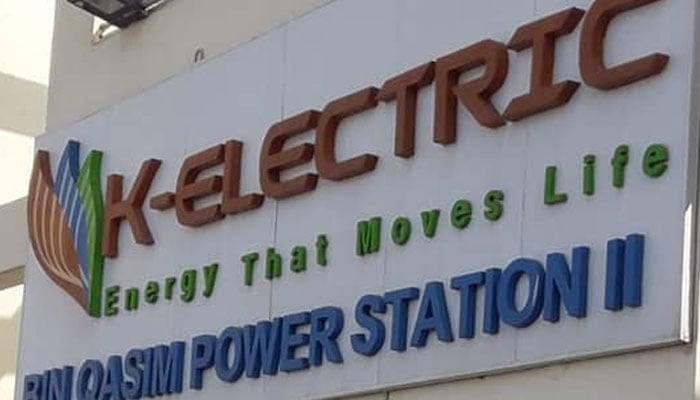K-Electric's distribution licence renewed for six months
Request for power distribution unbundling will end KE monopoly in Karachi and may attract other market players to invest
ISLAMABAD: The National Electric Power Regulatory Authority (Nepra) provisionally granted a six-month extension to K-Electric's (KE) distribution licence which is set to expire on Thursday (today).
In a statement issued on Thursday, the electric utility company said that KE has been informed about the decision regarding the extension.
"The 20-year licence period of the K-Electric is ending today and the renewal of the licence will be decided after a public hearing," Nepra said.
Nepra also said that the power supplying company had applied for a 20-year renewal of the licence, however, it has been given a provisional extension of six months.
In February, KE CEO Syed Moonis Abdullah Alvi said that the company had applied for a non-exclusive distribution licence after its current distribution exclusivity was going to end in June this year.
The request for power distribution unbundling will end KE’s monopoly in Karachi and may attract other market players to invest.
“KE itself wanted to operate in a competitive environment along with other power sector market players, rather than having monopolistic distribution licence,” Alvi had said.
He was of the view that Pakistan has to shift towards indigenous sources of power production in future.
“We must ensure that the next generation is transitioned to indigenous fuel as it is not in our interest to buy expensive fuel, for which all partners must contribute.
Before the summer of 2023, he continued, KE would have 900 megawatts of electricity available by way of billions of rupees investment.
-
Bitwise Crypto Industry innovators ETF: What investors should do in 2026?
-
Nintendo shares slide again as momentum fears grow
-
Gold, silver prices fallen sharply; What’s driving the drop?
-
Gold’s record climb: Experts question if its safety is ‘overstated’
-
Dubai unveils plans to construct street built with real gold
-
Netflix slams Paramount’s bid: 'Doesn't pass sniff test’ as Warner battle escalates
-
Ubisoft: Shares plunge amid restructuring plan and wave of games cancellations
-
Netflix revises Warner Bros. deal to $83 billion: All-cash offer












